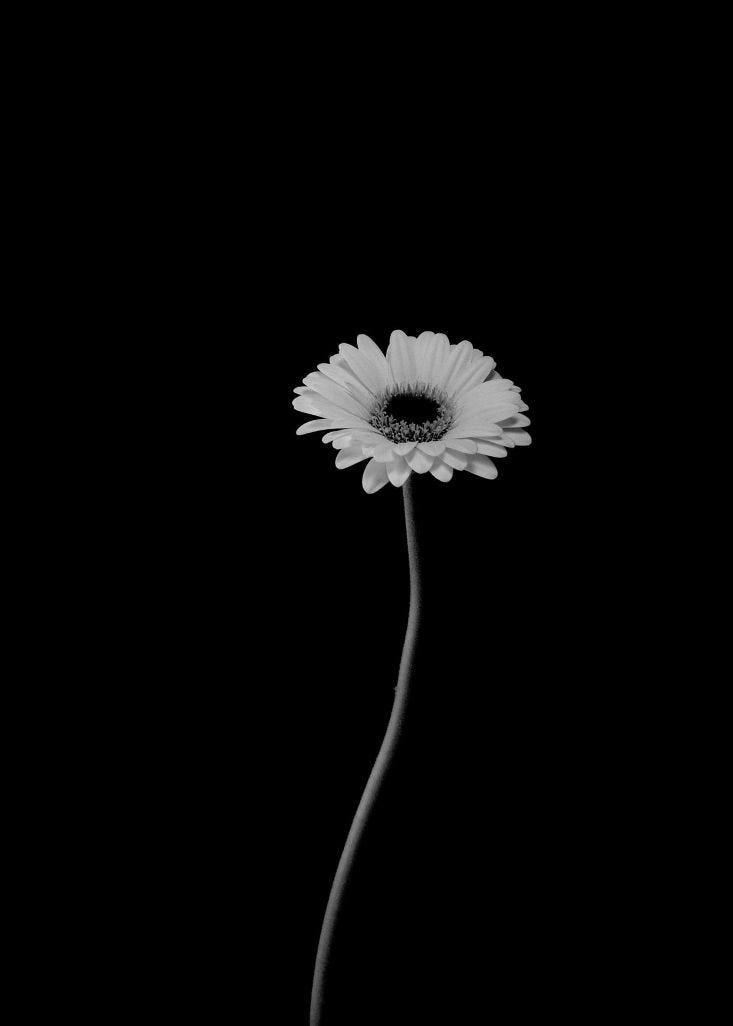The Grief That Doesn’t Come With Casseroles
Grieving the woman that chronic illness took
Before I knew the names of my diseases, I knew what it felt like to be ignored by people who were paid to care. I was dismissed, disbelieved, and doubted. All because they weren’t open-minded enough to figure out what was wrong with me. I started getting sick as a toddler. I wasn’t diagnosed until over thre…
Keep reading with a 7-day free trial
Subscribe to Elle Becker - Rare Bird Rising to keep reading this post and get 7 days of free access to the full post archives.



